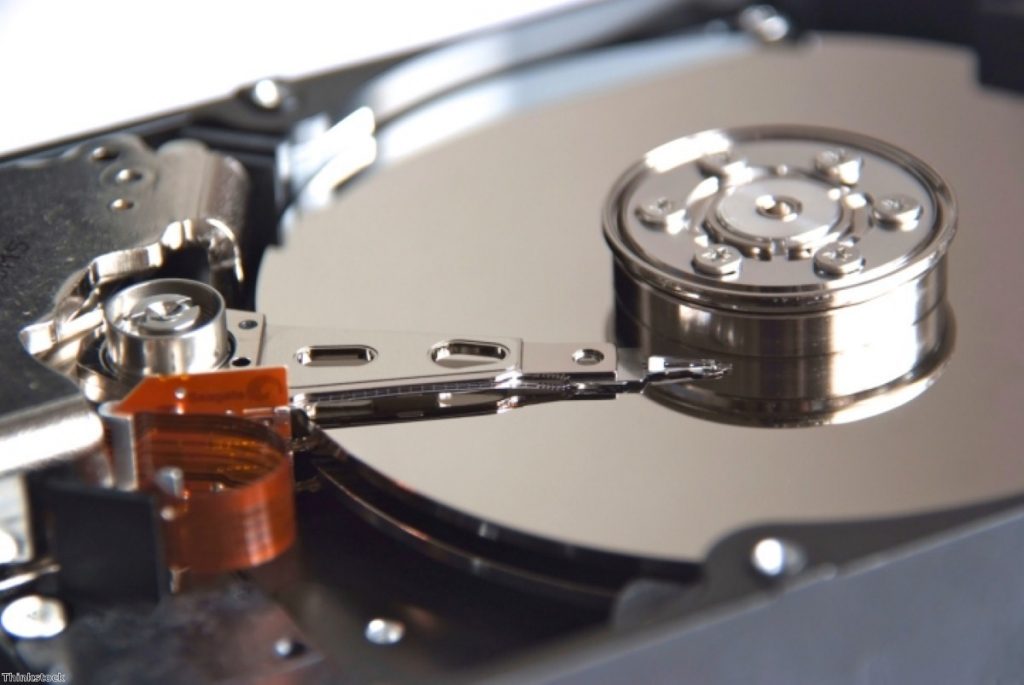Clegg ‘backed decision to destroy Guardian hard drives’
Nick Clegg's reputation for liberalism took another hit this morning after it was revealed he backed the government's efforts to have the Guardian's hard drives destroyed.
The report comes as it was revealed the prime minister himself asked Cabinet secretary Jeremy Haywood to push the Guardian into handing over the intelligence documents it secured from Edward Snowden.
"[Nick Clegg] was keen to protect the Guardian's freedom to publish, whilst taking the necessary steps to safeguard security," a spokesman for the deputy prime minister told the BBC.
As criticism of UK government behaviour reached a crescendo, Whitehall said it would have been a "total abdication of their responsibilities" not to try to get the Guardian to hand over or destroy files related to the news reports of Glenn Greenwald.


Guardian editor Alan Rusbridger revealed yesterday that UK officials demanded the Guardian destroy the files it had or face legal action.
"That would mean prior restraint. I didn't want to get into that position," Rusbridger said.
"I explained to UK officials that there were other copies already in America and Brazil so it wouldn't be achieving anything, but once it was obvious it was going to law I would rather destroy the copy than hand it back to them or allow the courts to freeze our reporting."
He added: "The government was genuinely torn. At the beginning they were not heavy handed – it was reasonable dialogue. At some point that changed and there was a threat of legal action."
The revelation that the Guardian allowed GCHQ officials to oversee them destroying the hard drives saw commentators split down the middle, with some criticising the newspaper for doing what Whitehall demanded.
"Tricky for the Guardian that it failed to use every legal recourse to defend itself against state intrusion. A dirty little secret exposed," Daily Express chief political commentator Patrick O'Flynn wrote.
Malcolm Rifkind, chair of the intelligence and security committee, which Labour wants to investigate the reports, said the Guardian editor has been on "relatively weak" legal ground, because he was handling "stolen goods".
He told Radio 4's Today programme: "He clearly did not dispute that he had no legal right to retain the documents.
"The question was whether he handed them back to the government or whether they were destroyed. Clearly if he thought he was supposed to have them, he could tell the Cabinet secretary to get lost.
"If you've got stolen documents your on relatively weak ground."
Rusbridger immediately tweeted: "Rifkind says we destroyed drives because we were on 'dodgy ground'. No we didn't. It was because we had other copies."
David Miranda – the partner of Greenwald whose detention at Heathrow on Sunday triggered the current row – said he was forced to hand over his passwords for emails and social media accounts during his ordeal.
Legal firm Bindmans demanded the government commit to returning the items it confiscated from Miranda without accessing it.
The government had until yesterday to comply and failed to do so.
The legal firm can now either seek an immediate court hearing demanding a freeze on inspection or give authorities more time.
Government officials and lawyers are understood to be meeting today to consider their response to the demand.

